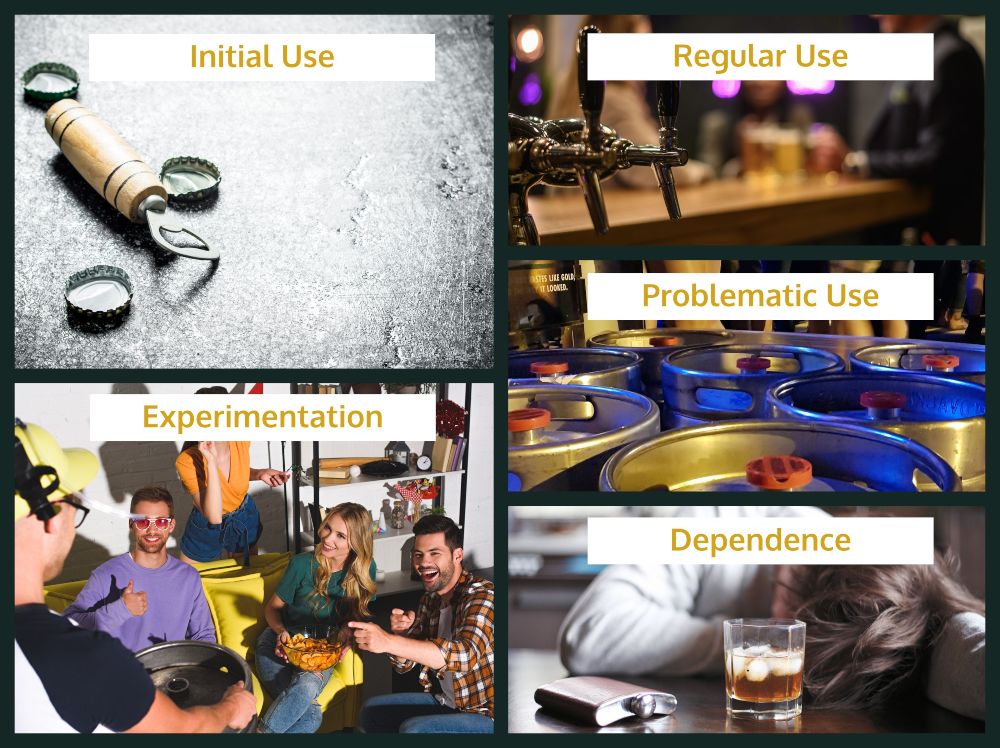
Spotting the Signs of Problematic Drinking
Alcohol is legal in almost all countries and is widely consumed in social situations. It is easy to develop problematic drinking without realizing it. About


Alcohol is legal in almost all countries and is widely consumed in social situations. It is easy to develop problematic drinking without realizing it. About

When used according to a doctor’s prescription, fentanyl can be a useful opiate to treat pain from an injury or post-surgery. Fentanyl works fast and eliminates an individual’s perception of pain. But, many individuals abuse fentanyl because it provides an intense “high,” which can be very dangerous — even deadly.

Drug addiction, also referred to as substance use disorder is a progressive disease. It often starts with a “one-time” experiment, simple recreational use, peer pressure,

Alcoholic hepatitis is a medical condition that affects the liver. The condition causes inflammation, which destroys liver cells and may result in permanent damage. According

Alcoholics know that one drink is too much and a hundred is never enough. That fact alone is enough for many alcoholics to maintain their sobriety. Yet, according to the National Institute on Alcohol Abuse and Alcoholism, nine out of 10 recovering alcoholics relapse at least once after treatment over four years.

Over 20 million people suffer from a substance disorder in the United States. Addiction is a complex, chronic brain disease that develops over time, impacting

In the United States, over 25 percent of people aged 18 or older admitted binge drinking or abusing alcohol. While drinking alcohol is a popular

According to the National Institute on Alcohol Abuse and Alcoholism in the United States, more than 85 percent of people aged 18 and older drink

Regular drinking—particularly if it is excessive—is very likely to damage a person’s body, regardless of whether they become fully addicted to alcohol. Even moderate drinking can have a negative impact.

According to the U.S. Department of Health and Human Services, more than 10 million Americans abuse opioids yearly. While this doesn’t mean that they all
LOCATION
QUICK LINKS
TREATMENT PROGRAMS
RESOURCES
Privacy Policy | Sitemap – © 2025 New Method Wellness
New Method Wellness Is Not Affiliated With, Employed By, Or In Contract With Any Treatment Centers Or Providers.
We Do Not Accept Or Pay Any Fees Or Payments For Behavioral Health Referrals.
We Are Here To Support Families. This Is Our Focus.
"*" indicates required fields
"*" indicates required fields